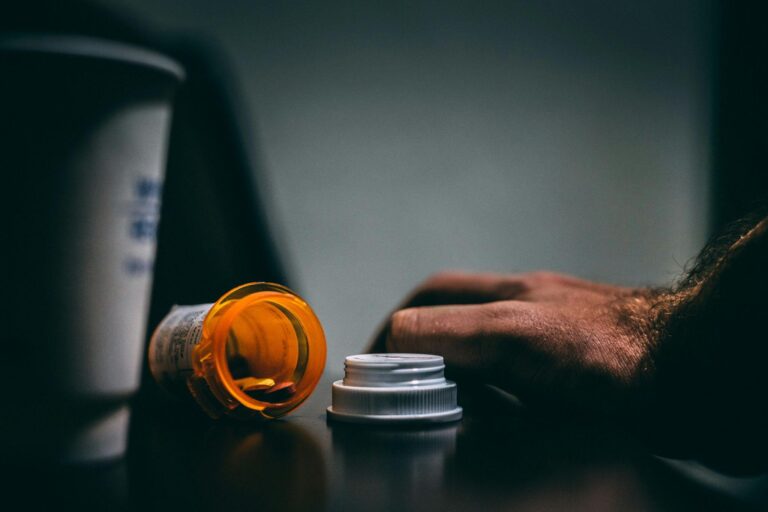
Understanding the Dangers of Benzodiazepine Addiction
Benzodiazepine addiction poses significant threats to both physical and mental health. Its telltale signs include escalating dependency, severe withdrawal symptoms, and alarming behavioral changes. If unchecked, it can lead to profound short-term impacts such as […]
Read More… from Understanding the Dangers of Benzodiazepine Addiction











